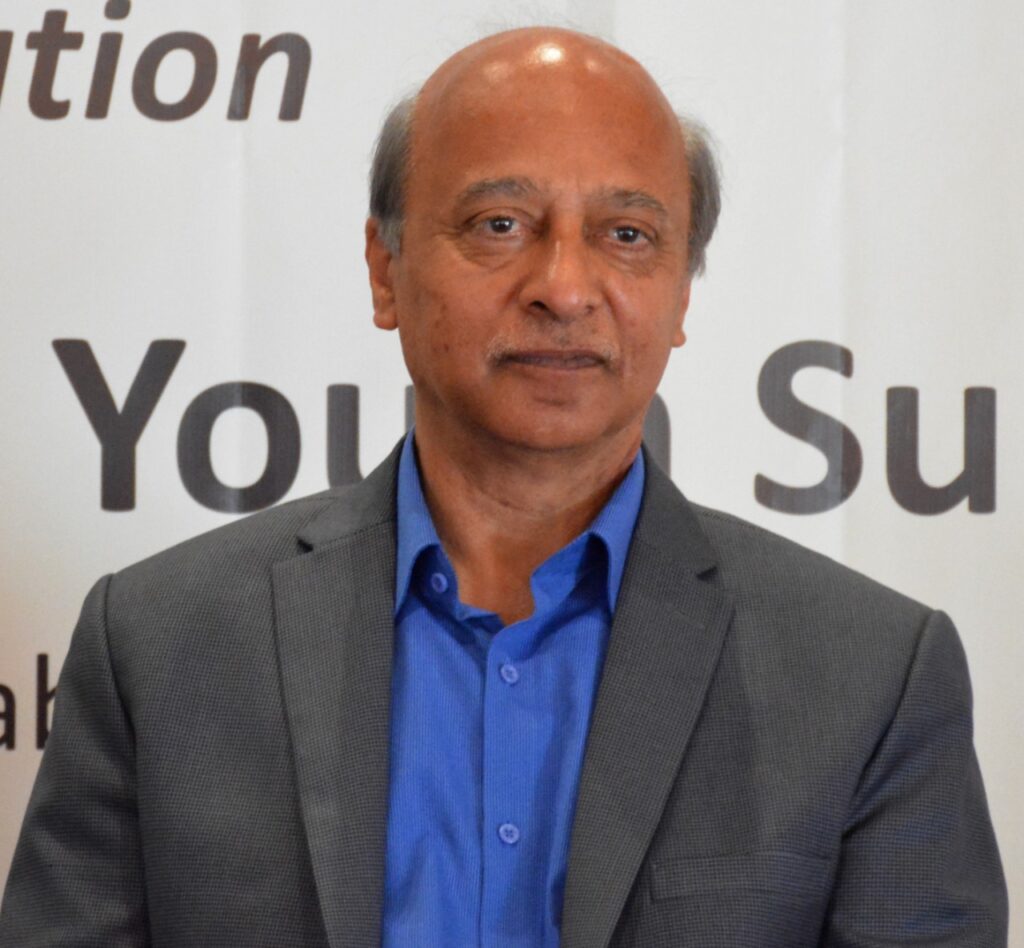Imtiaz Gul

One after the other, veteran Afghan leaders, scholars and generals are joining hands with the Taliban. Not a single bullet has been fired in capital Kabul since Taliban swept in. No suicide bombing. No deafening and crippling bomb explosion.

But the Afghan diaspora in Americas and Europe are still ringing alarm bells, talking of a “dangerous situation”. A lot of fearful Kabul residents, MPs, government employees continue to look for ways to leave the country. The emergency evacuation flights by the US, Germany and the UK have further accentuated a situation that doesn’t really exist on ground. The only message going out to most Afghans is : Taliban are dangerous and that is why want to evacuate all of our “allies ( in the words of President Joe Biden) , those who worked for us all these years.”
What about the rest of Afghans as violence and crime has considerably receded and all rivals are gradually standing down, the latest being the son of former commander Ahmed Shah Masood? The younger Masood had two days ago declared to mount insurgency against Taliban from his father’s stronghold Panjshir.
Hashmat Ghani, brother of the self-exiled president Ashraf Ghani, also stepped forward and offered his hand of friendship to the Khalil Rehman Haqqani. He is the younger brother of Sirajuddin Haqqani, who is a designated terrorist with a head money of $7 million under the Rewards for Justice programme of the U.S. Department of the Treasury.
The same department had designated Khalil al-Rahman Haqqani a Specially Designated Global Terrorist under Executive Order 13224 on February 9, 2011 and carries a $ 5 million reward.
Ironically, the same global “terrorists” including Khalilurehman Haqqani are spearheading the big peace offensive in an effort to take all friends and foes on board for what Taliban are promising as “an inclusive Islamic government in Afghanistan.”

Will the West sanction the country even if the Taliban and other stakeholders manage to cobble together a mutually inclusive and acceptable government comprising representatives of women and all ethnic groups from across Afghanistan?
Can outsiders reject such a broad-based national reconciliation or will geopolitics prevail – yet again? What western ideals will we teach to our younger generation if the US-led western allies dither on lending recognition to a government that may result from a grand national reconciliation like never before?
Geo-political considerations can lead to another grave humanitarian crisis if the country is sanctioned. Over half of the nearly 35 million Afghans are already impoverished , jobless and resourceless and need international goodwill to get out of this. The $.2.6 trillion that Biden says the US spent in Afghanistan in two decades certainly failed to alleviate poverty or add work opportunities. The bulk of it went to a few pockets – the US Contractors and their Afghan counterparts in and outside the government.
One would hope all lead nations would at least not scuttle peace there – if unable to continue funding – and lend a helping hand to heel the wounds of the majority of Afghans who – in the words of Biden – are not “our allies.”



